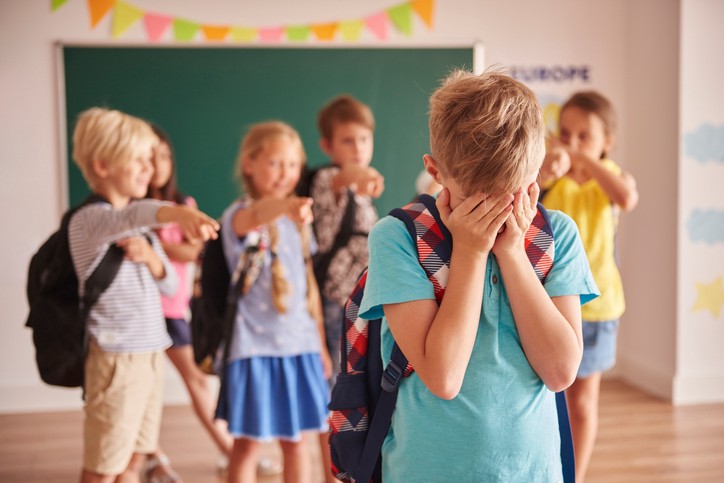How to manage bullying behaviors: A guide for parents and caregivers.

Dr. Rebekah Lemmons
As children and families prepare for their upcoming school schedules, new activities and groups can put your child at risk for becoming a victim of bullying.
It is important for parents and caregivers to be aware of what to do if their child is being bullied and how to identify bullying behaviors.
Tips for parents and caregivers:
- Become familiar with bullying policies and prevention efforts at schools, community centers, sports leagues and other places that your child may go. Checking in on how bullying is prevented and addressed at schools and community centers can provide a gage on the culture of the activity or program for your child.
- Ensure adult supervision is available and consistent at events and activities your child may attend. This allows for immediate redirection of any bullying behaviors noticed by supervising adults.
- Check-in with your child daily by asking about their day and how it went. Build a strong relationship with open communication between you and your child. This can help you to become aware of any issues early.
- Teach your children about appropriate behaviors early – both how you want them to behave and how others should be treating them. Children need to know that healthy boundaries are important and valued. Teach your children lessons on kindness, empathy, sharing and what to do if someone bullies them.
Warning signs that your child might be being bullied:
Parents and caregivers can spot potential bullying by noticing differences in and checking on any observed changes in their child, including: changes in the friend group, mood, habits or sleeping patterns.
What can I do if my child is bullied?
- If your child is bullied, reassure them that it is not their fault that he/she is being bullied. Validate your child’s feelings by listening and using a warm and kind tone. It can also be helpful to label what your child is going through. Let your child know that this is bullying and normalize that others have been through this too. Offer hope that you will work through this together and find a solution to help address this issue.
- Take a minute to manage your own reactions to the bullying incident before taking action. Self-care and take a few deep breaths or do something relaxing. You may also want to get support from family or friends to have an outlet for your reactions. It can be hard to not take this personally or to make matters worse by retaliating against the bully. A calm presentation will help you be available for your child and help you to manage the situation well.
- Talk to your child about how to handle bullying and how to ask for help if the bullying continues. Reach out to school administrators or the school counselor to help problem solve this issue and ensure that the bullying behavior is addressed.
- Check in with your child often to ensure that the bullying behaviors have been stopped and follow up on any feelings they may still have about the incident(s).
Dr. Rebekah Lemmons is a clinical consultant with Youth Villages.
